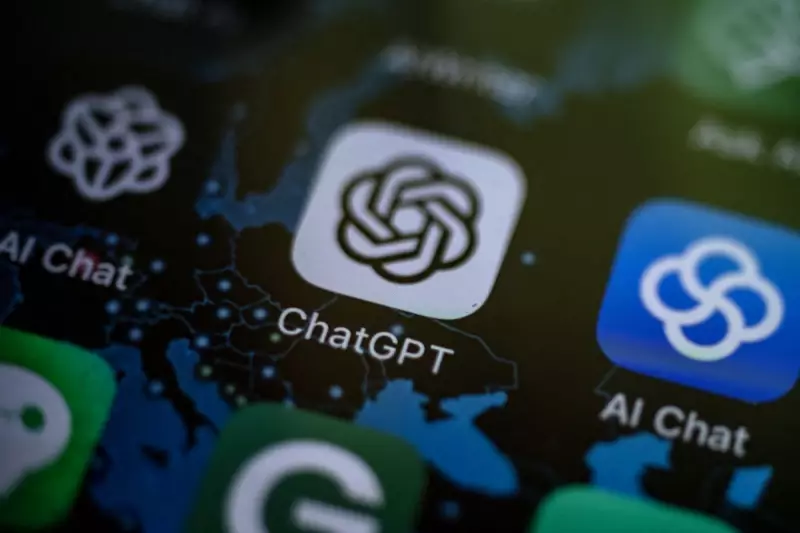
In a significant move that underscores China's tightening grip on artificial intelligence development, authorities have implemented a comprehensive blockade against OpenAI's ChatGPT platform. This decision represents the latest escalation in Beijing's ongoing campaign to control the technological landscape within its borders.
The Digital Barrier Strengthens
The Great Firewall of China, already one of the world's most sophisticated internet censorship systems, has now extended its reach to include one of the most talked-about AI technologies of our time. Chinese internet users attempting to access ChatGPT are met with familiar error messages, confirming the platform's addition to the country's extensive blacklist.
Why Beijing is Blocking AI Innovation
Several factors appear to be driving this decision:
- Content control concerns: ChatGPT's uncensored responses present a significant challenge to China's strict information management policies
- Technological sovereignty: The move aligns with China's strategy to promote domestic AI alternatives over foreign technologies
- Data security fears: Authorities worry about sensitive information being processed through American servers
- Political sensitivity: AI-generated content could potentially address topics considered problematic by Chinese censors
Domestic Alternatives Emerge
While blocking international AI services, China has been actively nurturing its own artificial intelligence ecosystem. Several Chinese tech giants, including Baidu and Alibaba, are developing competing AI chatbots that adhere to the country's strict content regulations and data governance requirements.
These homegrown alternatives are designed to operate within China's legal framework while still providing advanced AI capabilities. However, they face significant challenges in matching the sophistication and versatility of their Western counterparts due to the constraints imposed by government regulations.
The Global Implications
China's decision to block ChatGPT signals a broader fragmentation of the global internet and AI development landscape. As nations grapple with the implications of advanced artificial intelligence, we're witnessing the emergence of distinct technological spheres with different rules, standards, and capabilities.
This development raises important questions about the future of technological innovation and whether we're moving toward a world where AI development occurs in isolated national or regional silos rather than as a global collaborative effort.





